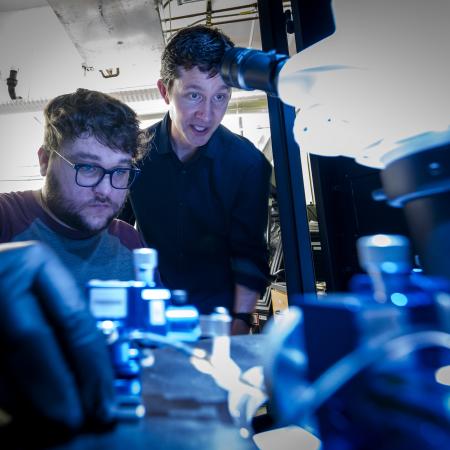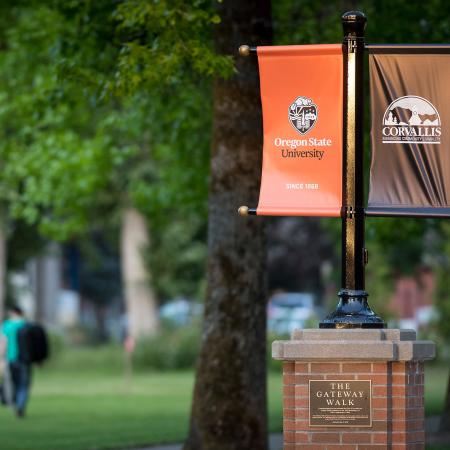Official degree requirements
Requirements for a graduate degree are prescribed in the Graduate Catalog.
This guide covers the basic and usual procedures. If you have questions or uncertainty, be sure to visit us to discuss the matter.
Connect with us
Yun-Shik Lee
Physics Graduate Advisor
WNGR 415
Yun-Shik.Lee@oregonstate.edu
Kelly Carter
Physics Graduate Coordinator
WNGR 301
gradinfo@physics.oregonstate.edu




